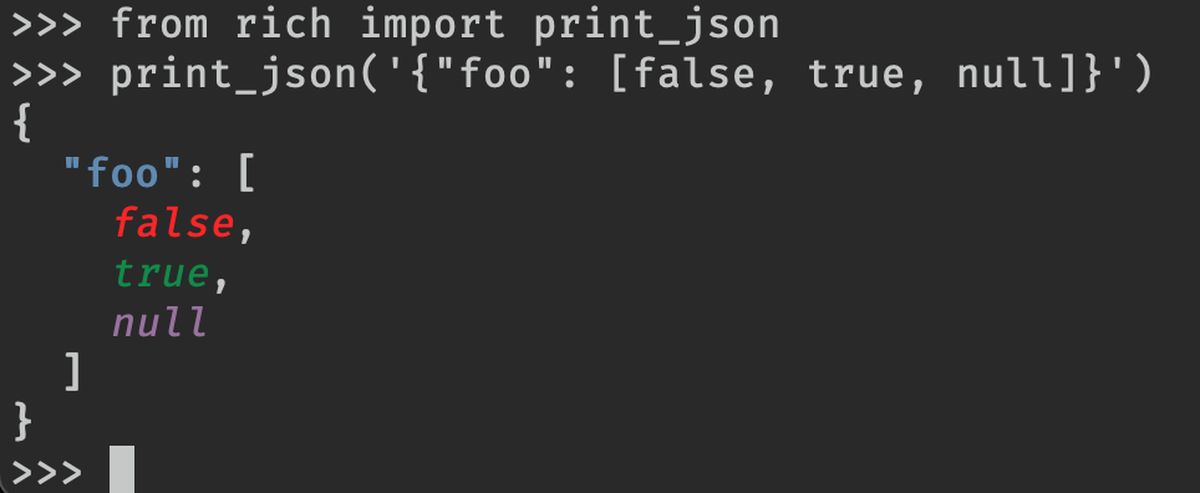
nice | Etymology of nice by etymonline
late 13c., "foolish, ignorant, frivolous, senseless," from Old French nice (12c.) "careless, clumsy; weak; poor, needy; simple, stupid, silly, foolish," from Latin nescius "ignorant, unaware," literally "not-knowing," from ne- "not" (from PIE root *ne- "not") + stem of scire "to know" (see science). "The sense development has been extraordinary, even for an adj." [Weekley] — from "timid, faint-hearted" (pre-1300); to "fussy, fastidious" (late 14c.); to "dainty, delicate" (c. 1400); to "precise, careful" (1500s, preserved in such terms as a nice distinction and nice and early ); to "agreeable, delightful" (1769); to "kind, thoughtful" (1830).
By 1926, it was said to be "too great a favorite with the ladies, who have charmed out of it all its individuality and converted it into a mere diffuser of vague and mild agreeableness." [Fowler]



















